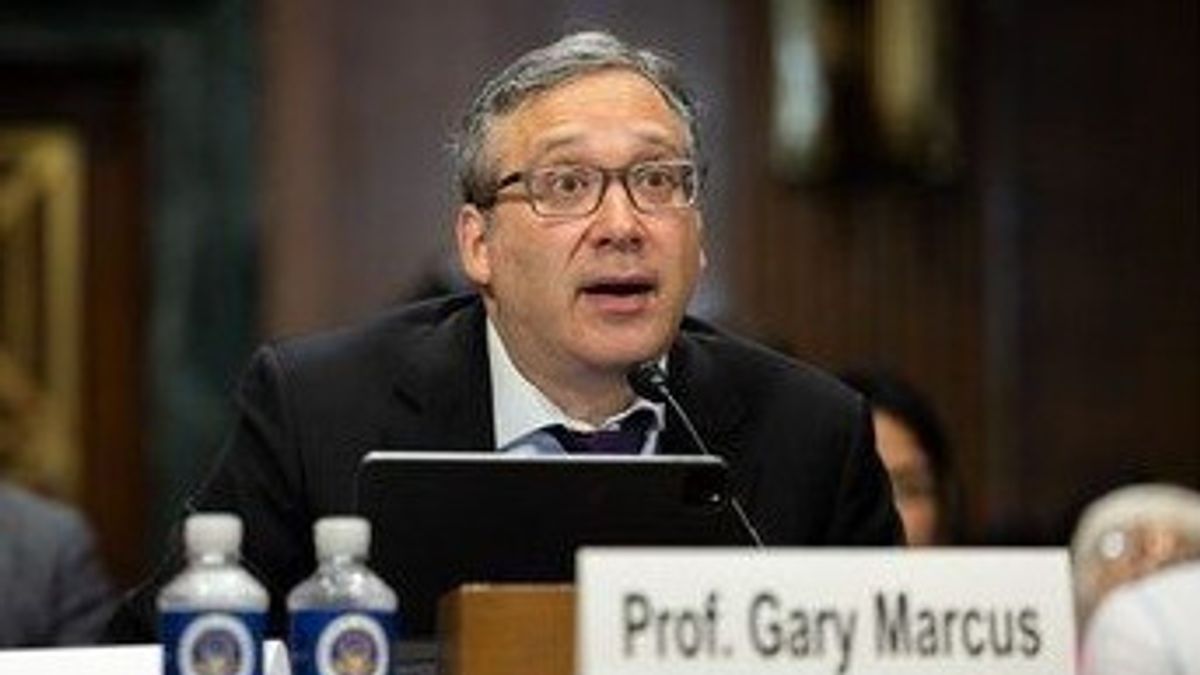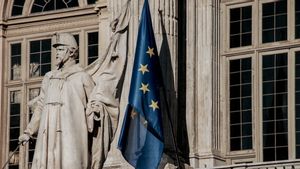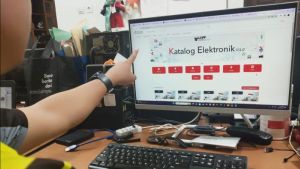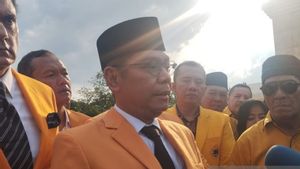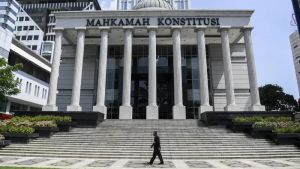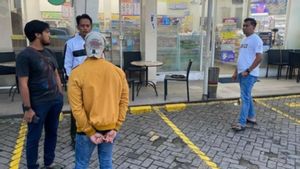JAKARTA - The level of acceleration of the development of artificial intelligence (AI) may already disrupt democratic processes such as elections. it can even threaten human existence. This warning came from AI experts delivered at a Reuters NEXT conference in New York.
The explosion of the development of a generative AI, which can create text, photos, and videos in response to open instructions, has in recent months raised excitement about its potential as well as fear that this AI could make some work irrelevant, disrupt general elections, and possibly even outperform humans.
"The biggest risk right now is the threat to democracy... there will be many elections around the world by 2024, and the chances that none of them will be affected by deep fakes and the like, almost zero," said Gary Marcus, a professor at New York University, in a panel at a Reuters NEXT conference in New York on Wednesday, November 8.
One of the main concerns is that generative AIs have accelerated the development of deepfakes - realistic but fake videos created by AI algorithms trained with multiple online footage - that appear on social media, blurring boundaries between fact and fiction in politics.
"Although such synthetic media has existed for several years, costs that used to reach millions of dollars can now reach 300 US dollars," said Marcus.
According to experts at the conference, the company is increasingly using AI to make decisions, including regarding pricing, which can produce discriminatory results.
Marta Tellado, CEO of the non-profit Consumer Reports organization, said that the results of its investigation showed that car owners living in an environment with a majority of black or brown population, and were close to an environment largely inhabited by whites, paying for 30% higher car insurance premiums.
"For consumers, there is not the slightest transparency," he said in a panel interview.
According to Anthony Aguirre, founder and executive director of the Future of Life Institute, another threat that arises and must be watched out for by policymakers and technology leaders is the possibility that AI will become so strong that it becomes a threat to humanity.
"We shouldn't underestimate how powerful these models are now and how fast they will become stronger," he said.
SEE ALSO:
The Future of Life Institute, a non-profit that aims to reduce disaster risks from the development of advanced artificial intelligence, emerged in the news in March when it released an open letter calling for a six-month moratorium against OpenAI's stronger AI system training than OpenAI's GPT-4.
They warned that AI laboratories were involved in an "uncontrolled race" to develop "strong digital minds that cannot be understood, predicted, or controlled by anyone - even by their own creators."
Stronger AI development also risks eliminating jobs to the point where it may become impossible for humans to learn new skills and enter other industries.
"After that happened, I'm afraid it won't be that easy to get back to AI as a tool and AI as something that empowers people. And that's going to be something that replaces people," Aguirre said.
The English, Chinese, Japanese, Arabic, and French versions are automatically generated by the AI. So there may still be inaccuracies in translating, please always see Indonesian as our main language. (system supported by DigitalSiber.id)
